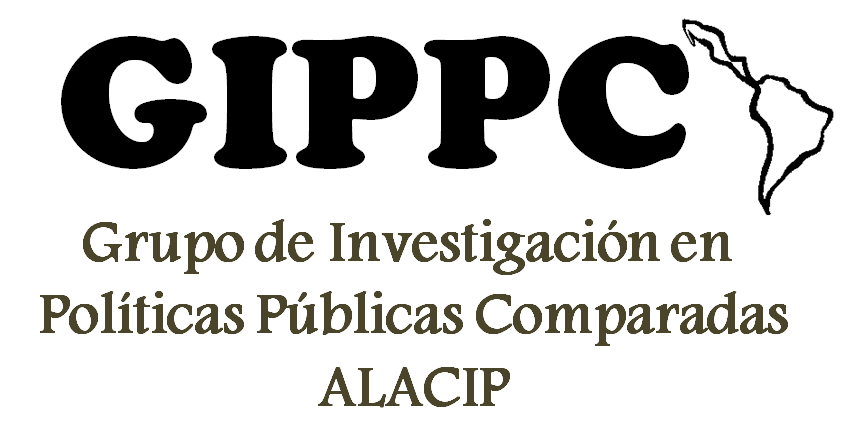

El Grupo de Investigación en Políticas Públicas Comparadas (GPPC) participará con una mesa especial en el 26º Congreso Mundial de Ciencia Política de la International Political Science Association (IPSA) «New Nationalisms
in an Open World«.
El título del Panel del GIPPC es Public Policies in Latin America: Theoretical Approaches, Regional Perspectives and Critical Topics.
Chair Dr. Nicolas Bentancur
Description:
The frameworks of analysis designed in the field of public policies can be categorized as “middle-range theories”, in the Mertonian sense, as theoretical supports for empirical research that do not attempt to explain all the uniformities observed in societies in different circumstances. Therefore, unlike macro-theories or «unified theories», these frameworks are particularly sensitive to environmental conditions. As is evident, these conditions are noticeably dissimilar in Latin America, on the one hand, and in more developed countries, on the other. However, public policy research in Latin America has been strongly influenced by analytical models and thematic priorities of Anglo-Saxon origin, which are based on political, social, economic and cultural assumptions of those countries. Trying to develop alternative perspectives, this Panel proposes both theoretical approaches, as well as some particularly relevant study questions, which account for the particularities of public policies in the region.
With these objectives, some of the contributions included in the Panel advance in the identification and analysis of the peculiarities of public policies in Latin America that differentiate them from those prevailing in developed countries, and in the characterization of the political behavior of the Latin American society, which is categorized as «baroque». Other papers dialogue with these specificities, focusing on crucial issues for the region: policies for access to genetic resources and the preservation of biological and cultural diversity; the mechanisms of regional dissemination of public policies for the rural sector; the pacts that support the continuity of extractivist policies; and the social and environmental impacts of increased deforestation as a result of the appropriation of land for mining and monocultures.
In order to fulfill the stated purposes, a research strategy of a comparative nature is appealed, which refers to the region as a whole, and which in different presentations focuses on a large number of countries that integrate it (Argentina, Bolivia, Brazil, Colombia, Ecuador, Haiti, Paraguay, El Salvador, Uruguay).
Session GS07 Public Policy and Government
Papers
Author: Prof. Juan Antonio Zornoza Bonilla
Development Perspectives, around the Construction of the Deep-Water Port of Tribugá, Chocó, Colombia
Author: Miss Nataly Fernanda López Velásquez Co-Author(s): Miss Luz Angelica Tobón Oviedo
Author: Mr. Brahiam Yair Naranjo Perez
Author: Dr. André-Noël Roth Deubel
Public Policies in Latin America: Main Analytical Approaches and Regional Particularities
Author: Dr. Nicolas Bentancur
Author: Dr. Martha Isabel Gómez Lee
Water Governance in Riosucio, Caldas, Colombia
Author: Mr. David Guerra